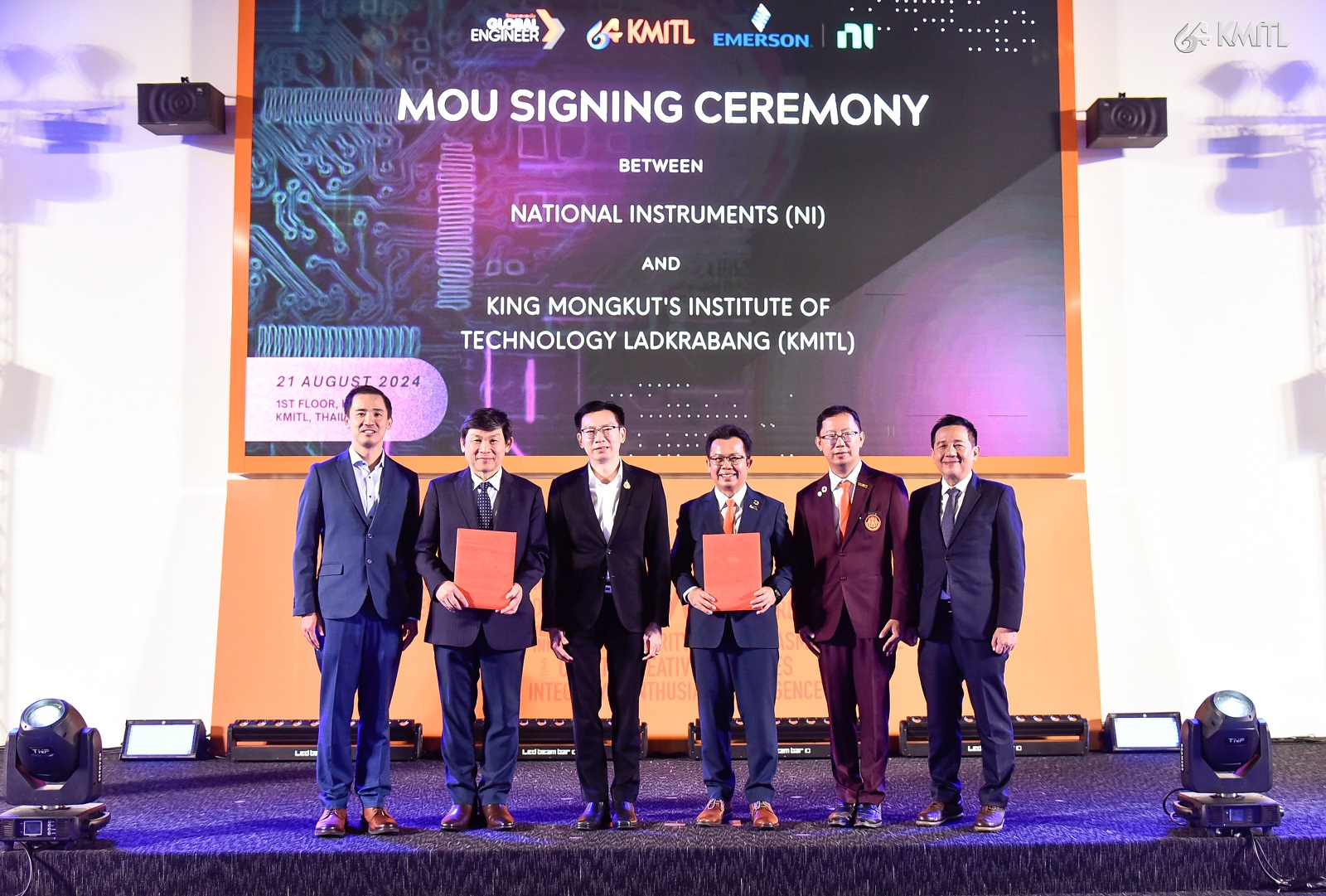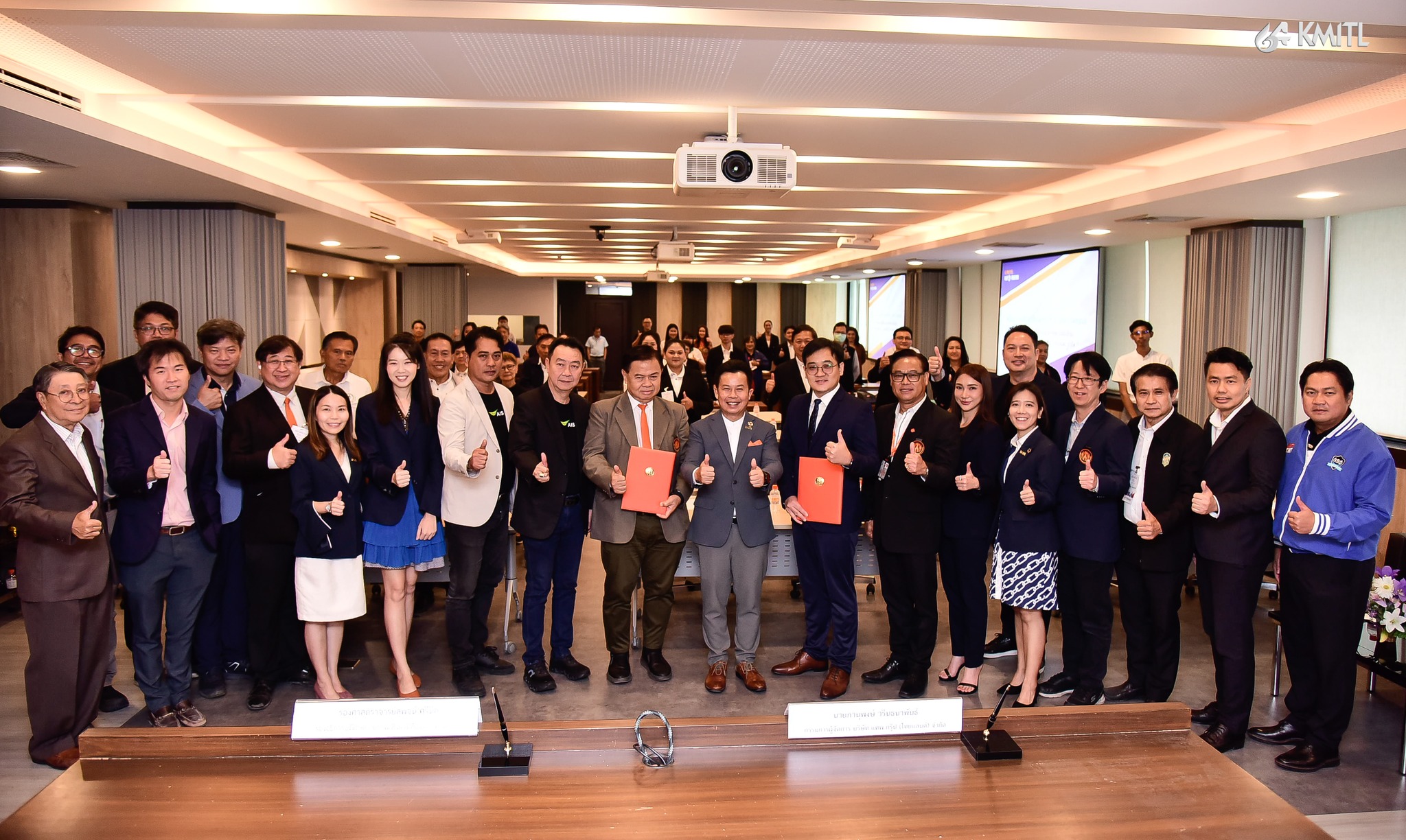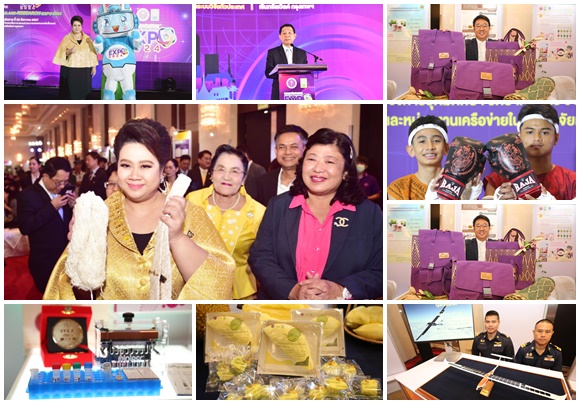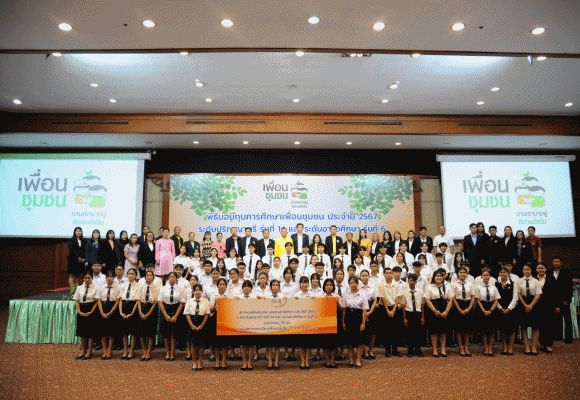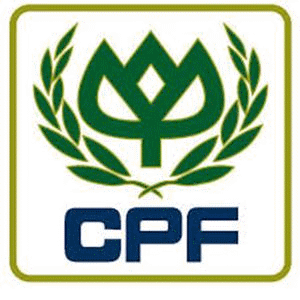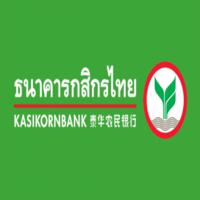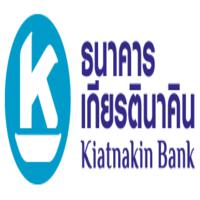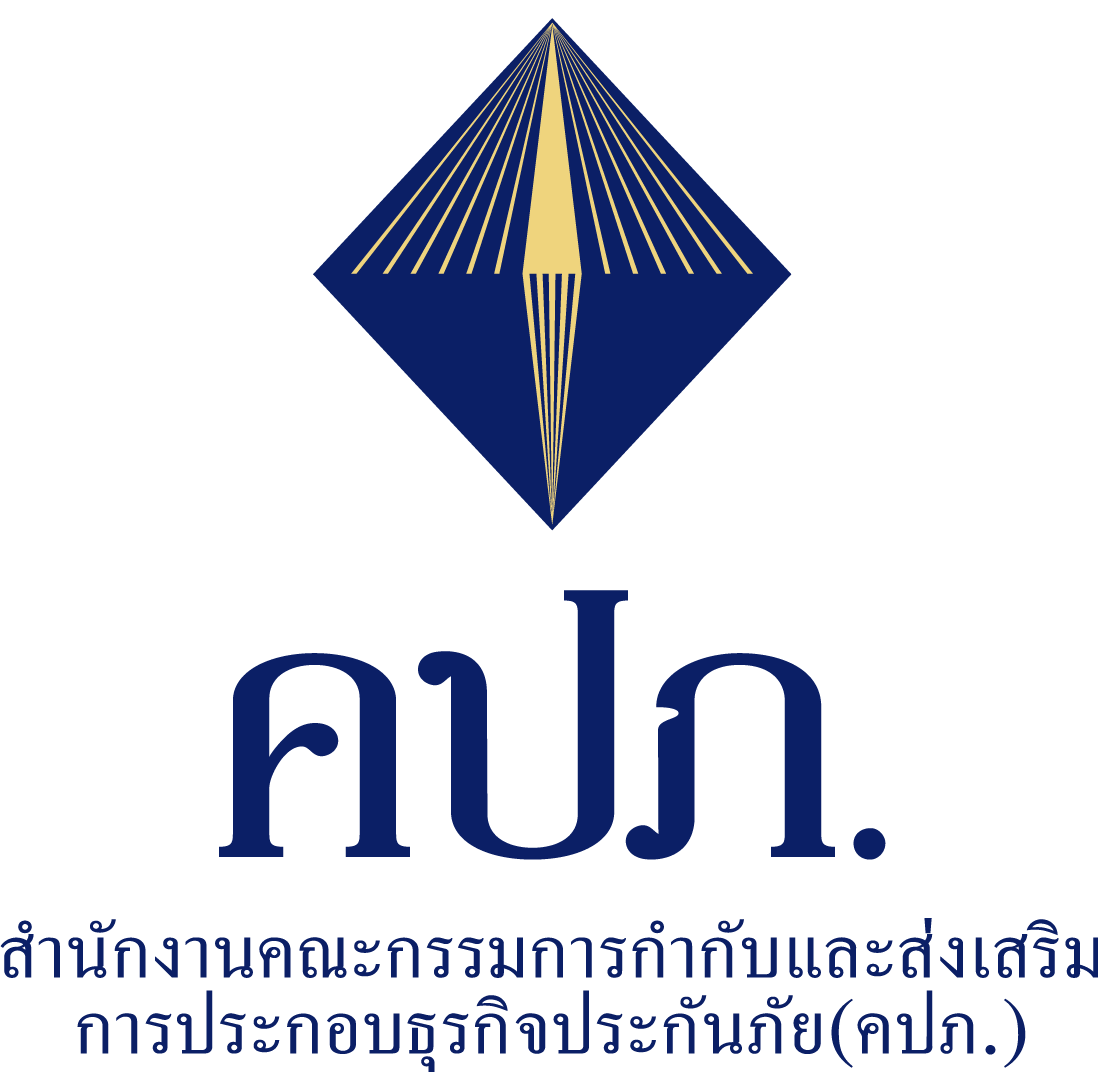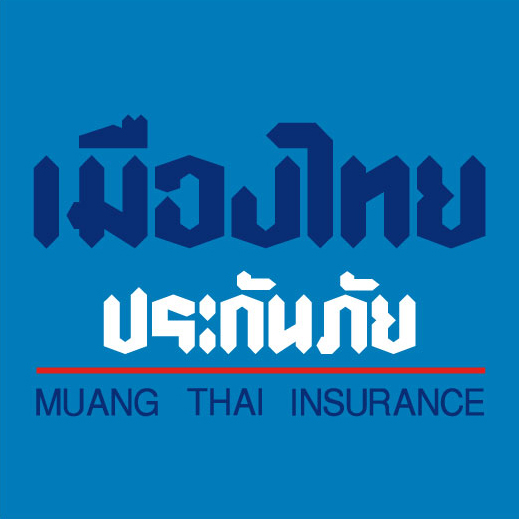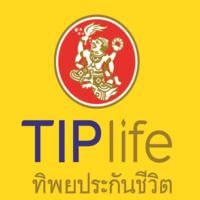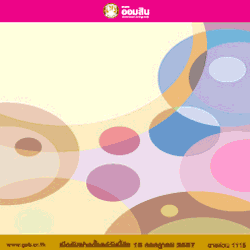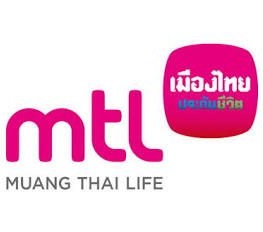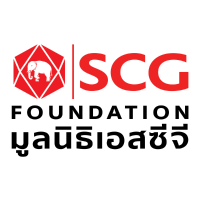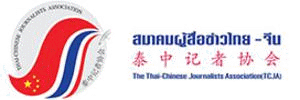- Details
- Category: แบงก์พาณิชย์
- Published: Wednesday, 20 February 2019 18:31
- Hits: 2311
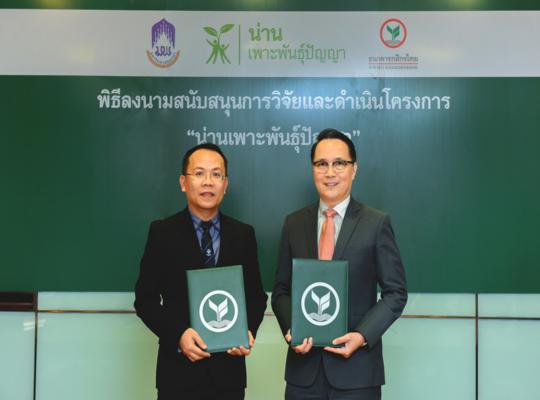
กสิกรไทย เดินหน้าโครงการ 'น่านเพาะพันธุ์ปัญญา' สร้างภูมิความรู้แนวใหม่ให้เยาวชน
กสิกรไทย หนุนโครงการเพาะพันธุ์ปัญญาต่อเนื่อง ร่วมกับ ม.พะเยา เดินหน้า'น่านเพาะพันธุ์ปัญญา'ประเดิมปีการศึกษา 62 เลือก 30 โรงเรียนในน่านร่วมพัฒนาตามกระบวนการและแนวคิดแบบเพาะพันธุ์ปัญญา มุ่งสร้างภูมิความรู้เยาวชนรุ่นใหม่ผ่านงานวิจัยเพื่อการมีส่วนร่วมกับท้องถิ่น หลังประสบความสำเร็จในการสร้างความเปลี่ยนแปลงการศึกษาไทยในกลุ่มนักเรียนที่เข้าร่วมโครงการให้ใช้กระบวนการคิดในรูปแบบการวิจัยได้อย่างยั่งยืน
ดร.อดิศวร์ หลายชูไทย รองกรรมการผู้จัดการอาวุโส ธนาคารกสิกรไทย เปิดเผยว่า ตลอดระยะเวลา 6 ปีที่ผ่านมา (พ.ศ.2555-2561) โครงการเพาะพันธุ์ปัญญาซึ่งสำนักงานสํานักงานกองทุนสนับสนุนการวิจัย (สกว.) ร่วมทุนกับธนาคารกสิกรไทยสนับสนุนทุนวิจัยเชิงปฏิบัติการของนักเรียนในกลุ่มโรงเรียนที่เข้าร่วมโครงการ เพื่อหาคำตอบของวิธีการพัฒนาการศึกษาผ่านโครงการวิจัยเชิงปฏิบัติการเพื่อพัฒนากระบวนการจัดการเรียนการสอน ที่สอดคล้องกับการพัฒนาทักษะในด้านต่าง ๆ โดยอาศัยโครงงานฐานวิจัยเป็นเครื่องมือกระตุ้นการเรียนรู้ของนักเรียน การแสวงหาคำตอบ การคิดวิเคราะห์-คิดสังเคราะห์ผ่านกระบวนการ “ถามคือสอน สะท้อนคิดคือเรียน เขียนคือคิด” ตามกระบวนการวิทยาศาสตร์ที่สอดรับกับการพัฒนาประเทศไทยในอนาคต ทั้งยังพัฒนานวัตกรรมใหม่ให้สามารถแข่งขันกับต่างประเทศได้ นอกจากนี้ โครงการเพาะพันธุ์ปัญญายังได้น้อมนำแนวคิดหลักปรัชญาของเศรษฐกิจพอเพียงของพระบาทสมเด็จพระเจ้าอยู่หัวฯ รัชกาลที่ 9 ซึ่งเป็นหลักการสำคัญบนหลักคิดที่อาศัยฐานความรู้คู่คุณธรรม อันจะนำมาซึ่งการพัฒนาอย่างยั่งยืน
การผนวกแนวคิดหลักปรัชญาของเศรษฐกิจพอเพียงเข้ากับชุดความคิดทักษะกระบวนการวิทยาศาสตร์เพื่อพัฒนานวัตกรรมใหม่ (STEM) พัฒนาเป็น “SEEEM Concept ของโครงการเพาะพันธุ์ปัญญา” มีองค์ประกอบที่ครบทั้งวิทยาศาสตร์ (Science) เศรษฐศาสตร์ (Economics) นิเวศวิทยา (Ecology) วิศวกรรมศาสตร์ (Engineering) คณิตศาสตร์ (Mathematics) ด้วยการบ่มเพาะชุดความรู้นี้ให้กับครูและนักเรียนที่เข้าร่วมโครงการ มุ่งหวังในการแก้ไขปัญหาความยากจน ลดความเหลื่อมล้ำทางสังคม สร้างความเท่าเทียมทางการศึกษา ด้วยการติดอาวุธทางปัญญาให้แก่เยาวชนในสังคม ซึ่งจะเห็นได้จากการเปลี่ยนแปลงของนักเรียนที่เข้าร่วมโครงการเพาะพันธุ์ปัญญา จากพื้นฐานแนวคิดเด็กนักเรียนที่ได้รับความรู้และสร้างความเข้าใจพื้นฐานในการจัดการเรียนการสอนโดยใช้กระบวนการวิจัย (Research-Based Learning: RBL) พบว่า นักเรียนสามารถคิดโจทย์โครงงานที่มีความซับซ้อนได้ดีขึ้น อีกทั้งยังสะท้อนแนวความคิดควบคู่ไปกับคุณธรรมที่เห็นได้อย่างเด่นชัดจากตัวนักเรียนที่เข้าร่วมโครงการ
ความสำเร็จของโครงการเพาะพันธุ์ปัญญาที่เห็นได้ชัดเจนจากพัฒนาการด้านความคิดและการเรียนรู้ของนักเรียนที่เข้าร่วมโครงการทำให้ธนาคารกสิกรไทย และมหาวิทยาลัยพะเยา เตรียมนำแนวทางที่ได้จากการดำเนินโครงการเพาะพันธุ์ปัญญา 6 ปีในจังหวัดพะเยาและเชียงรายมาขยายผลกับการพัฒนาเยาวชนระดับมัธยมศึกษาตอนต้น (ม.2-ม.3) ให้กับโรงเรียนในจังหวัดน่านที่เข้าร่วมโครงการจำนวน 30 โรงเรียน เพื่อส่งเสริมให้เกิดเป็นเครือข่ายถ่ายทอดการเรียนรู้ตลอดชีวิตที่ยั่งยืน ผ่านการวิเคราะห์และสังเคราะห์จากกระบวนการเรียนรู้โครงงานฐานวิจัย ภายใต้บริบทท้องถิ่นเพื่อปลูกฝังการอนุรักษ์ทรัพยากรธรรมชาติและสิ่งแวดล้อม ตระหนักในความสมดุลของระบบนิเวศน์ นำศิลปวัฒนธรรม ประวัติศาสตร์ ภูมิปัญญาท้องถิ่นมาเป็นโจทย์ ลดความเหลื่อมล้ำทางสังคม
ตลอดจนพัฒนาทรัพยากรมนุษย์ ซึ่งมีคุณค่าและมูลค่าต่อระบบเศรษฐกิจของชุมชนและสังคมท้องถิ่น โดยอาศัยความรู้ด้านวิทยาศาสตร์ เทคโนโลยีและนวัตกรรม ถ่ายทอดความรู้ทั้งทางด้านวิทยาศาสตร์ คณิตศาสตร์ เศรษฐศาสตร์ สังคม วัฒนธรรม ประวัติศาสตร์ และอื่น ๆ แก่ครูแกนนำ การใช้เทคนิคการวิจัยเชื่อมโยงความรู้อย่างเป็นธรรมชาติและเป็นระบบ มาพัฒนาการเรียนการสอนของห้องเรียนในโรงเรียนเป้าหมาย อีกทั้งพัฒนาระบบกลไกสนับสนุนการดำเนินงานโครงการน่านเพาะพันธุ์ปัญญาร่วมกับหน่วยงานในพื้นที่เพื่อสร้างความยั่งยืนและขับเคลื่อนสมัชชาการพัฒนาการศึกษาของจังหวัดน่านเป็นต้นแบบในการปรับใช้กับพื้นที่อื่นต่อไป
ดร.อดิศวร์ กล่าวในตอนท้ายว่า จังหวัดน่านมีความเข้มแข็งเรื่องเอกลักษณ์ด้านศิลปวัฒนธรรมท้องถิ่น ที่ประชาชนยังคงยึดมั่นอย่างหนียวแน่น แต่ก็ยังมีประเด็นอ่อนไหวเมื่อความเจริญที่เข้ามาซึ่งมีผลต่อความพยายามในการรักษาป่าไม้และสภาพแวดล้อมทางธรรมชาติ โดยเฉพาะพื้นที่จังหวัดน่านซึ่งเป็นป่าต้นน้ำที่สำคัญของประเทศไทย ดังนั้นการสร้างความรู้ในแนวเพาะพันธุ์ปัญญา จะช่วยเยาวชนได้เข้าใจและผูกพันกับชุมชนในเชิงลึก พร้อมที่จะปกป้องและสร้างความสมดุลระหว่างคน ศิลปวัฒนธรรม ธรรมชาติและสิ่งแวดล้อม ซึ่งทักษะกระบวนการดังกล่าวจะถ่ายทอดผ่านครูแกนนำ และนักเรียนโครงการน่านเพาะพันธุ์ปัญญาในการออกแบบและจัดการเรียนการสอนแบบ RBL เพื่อนำไปถ่ายทอดและขยายผลแนวคิดเพาะพันธุ์ปัญญาสู่การจัดทำหลักสูตรที่ผสานแนวคิดที่บูรณาการเข้ากับสาระวิชาต่าง ๆ เพื่อใช้เป็นต้นแบบในการแก้ปัญหาด้านการศึกษาและเชื่อมโยงการสร้างหลักคิดในบริบทใกล้เคียงต่อไป เช่น ชุดข้อมูลและความรู้เรื่องป่าไม้ที่เกิดสามารถบูรณาการกับโครงการรักษ์ป่าน่าน เป็นต้น
KBank implements 'Nan Cultivation of Wisdom' project to promote new ways of learning among youths
In continual support of the “Cultivation of Wisdom” project, KBank has joined hands with the University of Phayao to implement the “Nan Cultivation of Wisdom” project at 30 selected schools in Nan province, beginning in the 2019 academic year. With the aim of promoting research-based learning among today’s youths under the community participation model, the project has successfully changed the learning concepts among participating students, who are able to apply research-based thinking in a sustainable manner.
Dr.Adit Laixuthai, Senior Executive Vice President of KBank, said that throughout the past six years (2012-2018), the Cultivation of Wisdom project, jointly funded by the Thailand Research Fund (TRF) and KBank, has provided research grants to students in participating schools to find solutions for developing education via research-based projects, to serve as a stepping stone for skill-based learning processes. To this end, research-based projects are an essential tool to encourage students in their learning, seeking solutions with analytical and synthetic thinking through “Questioning is teaching, reflecting is learning, and writing is thinking” processes in accordance with scientific paradigm. Aligned with the country’s development, this will pave the way for the creation of globally competitive innovations. The Cultivation of Wisdom project is, in essence, based on the Sufficiency Economy Philosophy (SEP), initiated by His Majesty the Late King Bhumibol Adulyadej, which is an approach for sustainable development through knowledge and virtue.
Through the combination of SEP and STEM scientific method, the “SEEEM Concept of the Cultivation of Wisdom” project has been developed, comprising scientific, economical, ecological, engineering and mathematical aspects. Both teachers and students have been equipped with this new learning concept with the aim of eradicating poverty, reducing social inequality and creating educational equality. With the introduction of research-based learning (RBL) under the Cultivation of Wisdom project, significant change has been evident. Participating students can create more sophisticated projects which reflect virtue-based concepts.
The success of the Cultivation of Wisdom project is clearly seen from improvements in the thinking and learning of participating students. This has prompted KBank and the University of Phayao to use guidelines from the Cultivation of Wisdom project implemented in Phayao and Chiang Rai for six years to expand such results to junior high school students (Grade 8-9) at 30 participating schools in Nan. This time, it is aimed at creating sustainable life-long learning networks via analysis and synthesis from the RBL process under the local context in order to instill principles of natural resource and environmental conservation, as well as an awareness of ecosystem balance, in master teachers. In addition, master teachers will be encouraged to use local arts, culture, history and wisdom in the learning process, as well as reducing social inequality, and improving human resources that are valuable to the economic systems of local communities, based on scientific, technological and innovative knowledge. Knowledge in sciences, mathematics, economics, society, culture and history will be provided to master teachers, as well. The Cultivation of Wisdom project in Nan will focus on using natural and systematic research techniques to improve teaching at the targeted schools. It will also develop a mechanism to support joint operations with local agencies to build sustainability and steer Nan’s educational development towards becoming a prototype for other areas in the future.
Dr.Adit added that although Nan has strengths in terms of unique arts and culture that are still practiced by its residents, it has its weaknesses too, as evidenced by the fact that its efforts to conserve forests and the natural environment, especially in Thailand’s most important watershed areas, have been undermined by economic interests. Therefore, building knowledge based on the cultivation of wisdom should help youths to understand and establish a deep bond with local communities, and thus be ready to create a balance among the people, arts, culture, nature and the environment. Such skills and processes will be transferred to master teachers and students participating in the “Nan Cultivation of Wisdom” project. Subsequently, RBL will be used to create a curriculum integrating various branches of knowledge for use as a prototype to address education problems and for the creation of similar concepts elsewhere. Such a prototype could be used to develop a data set and knowledge about forests that could be used for the Rak Pa Nan (Care for Nan Forest) project.
Click Donate Support Web














